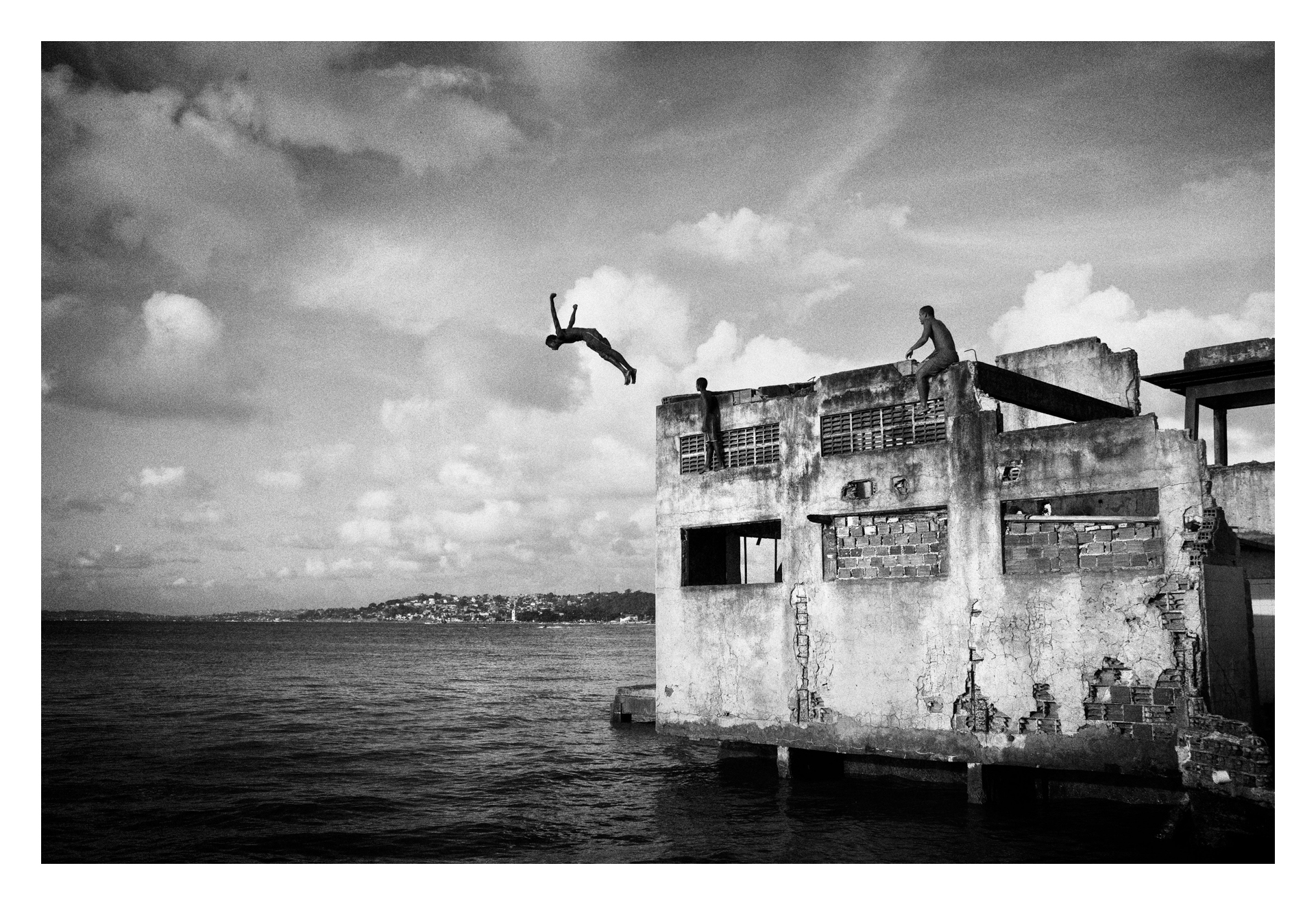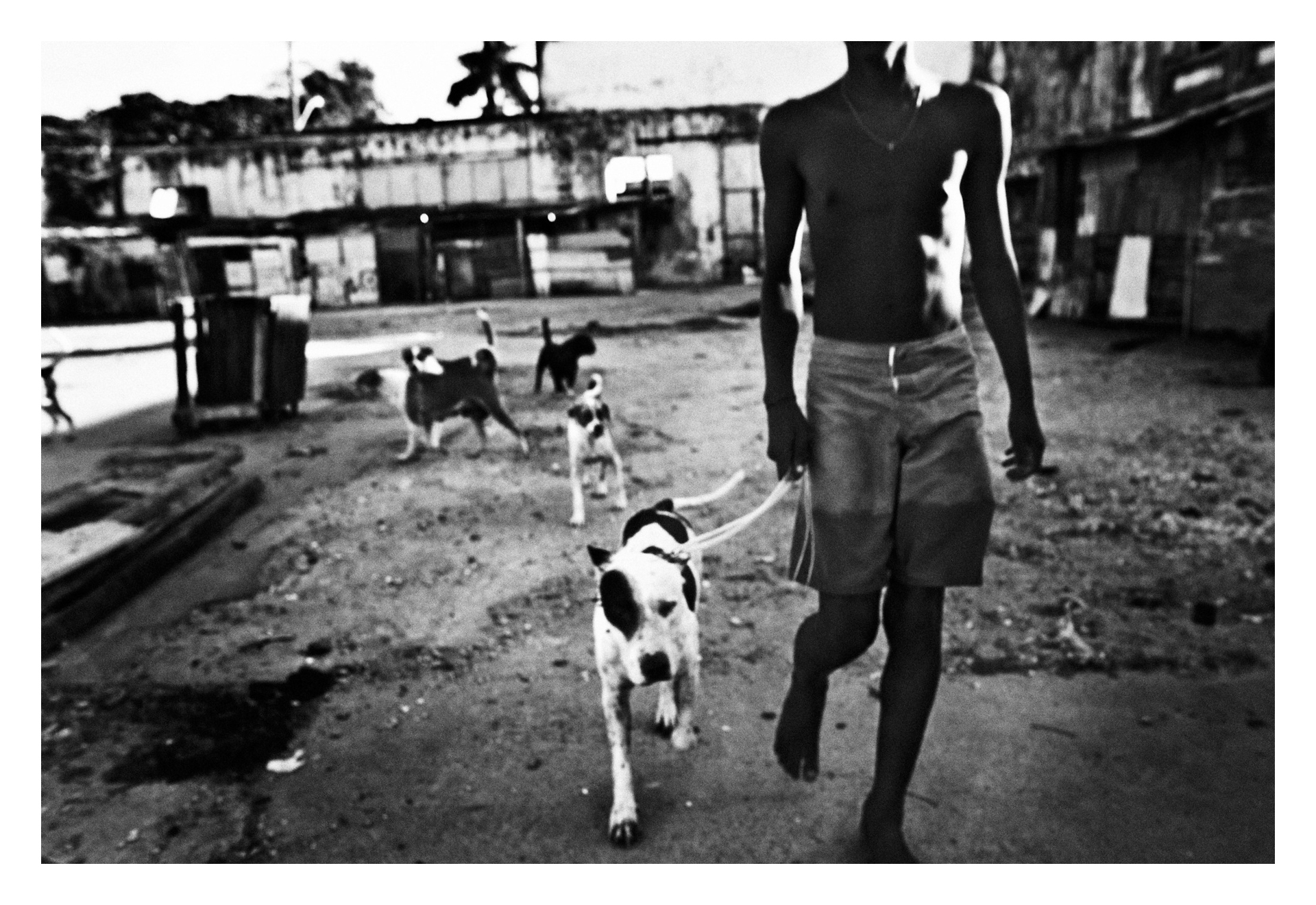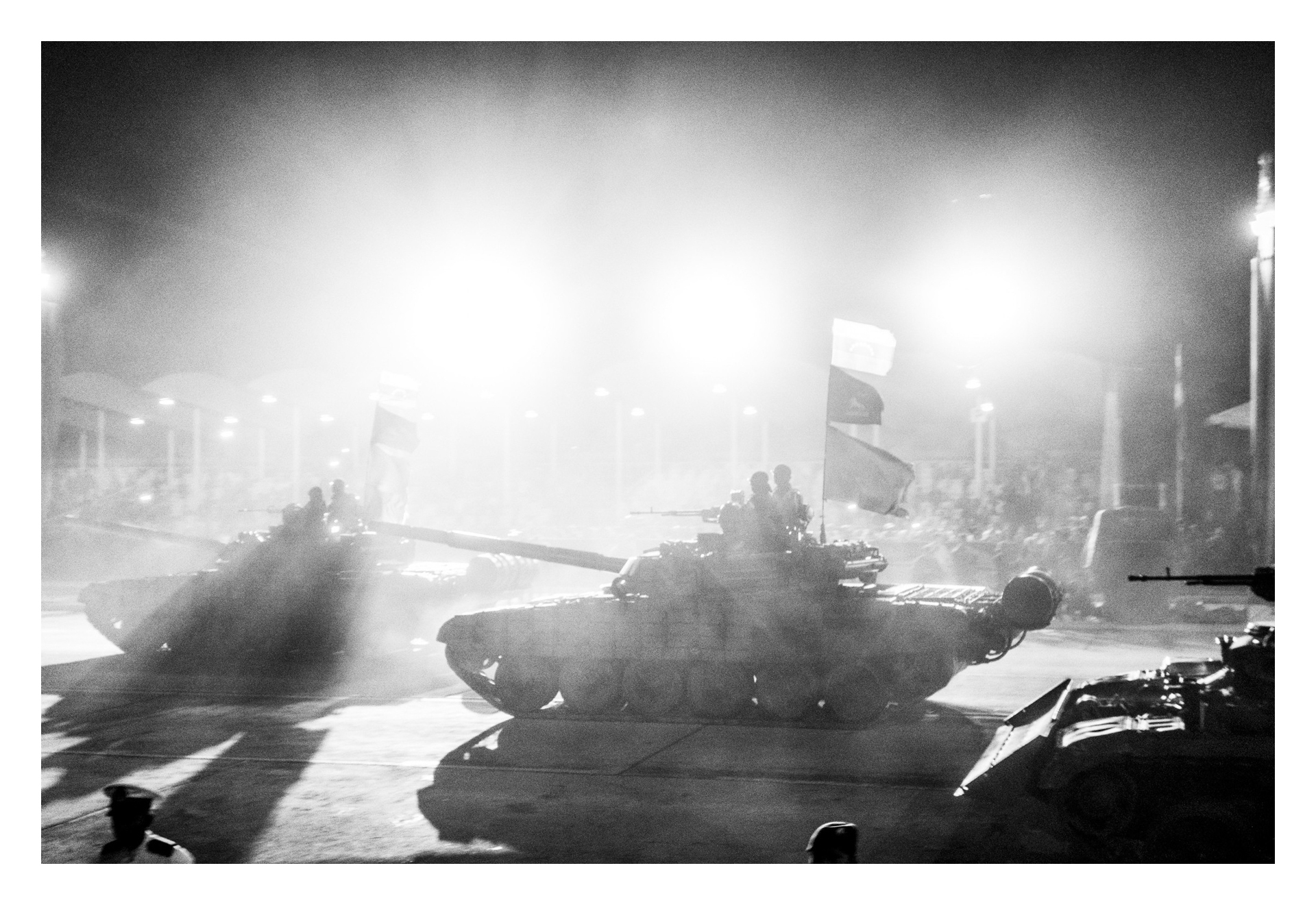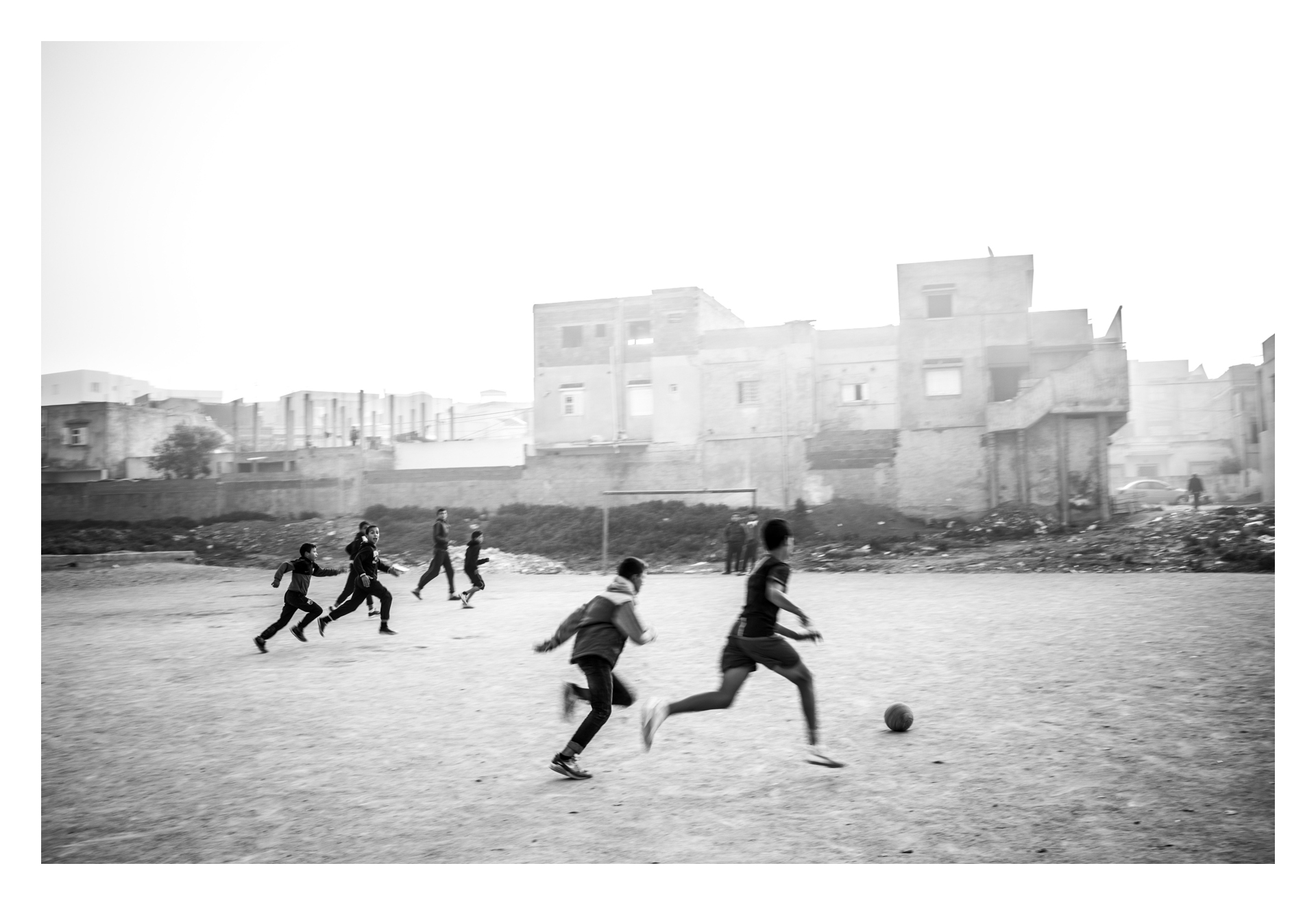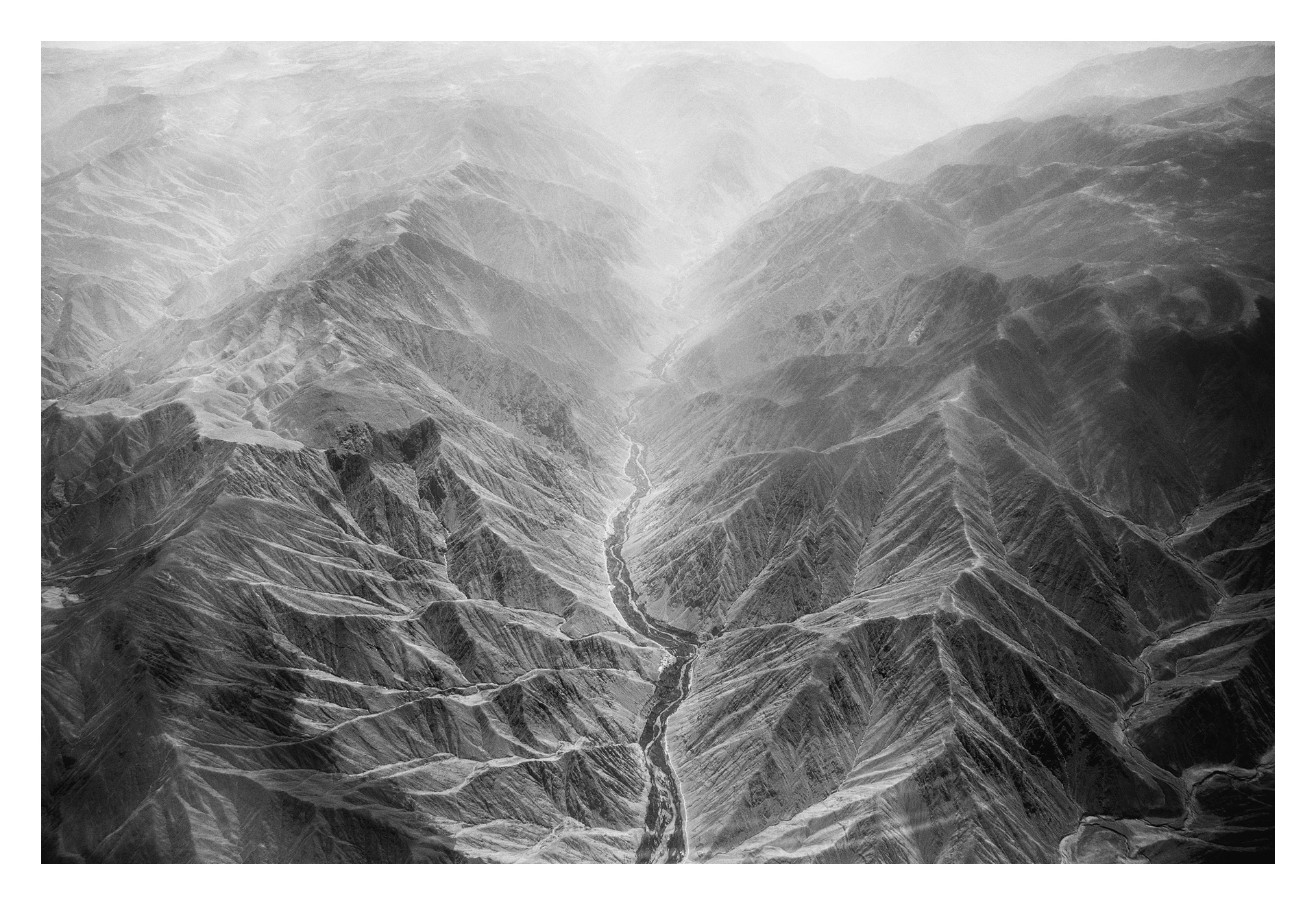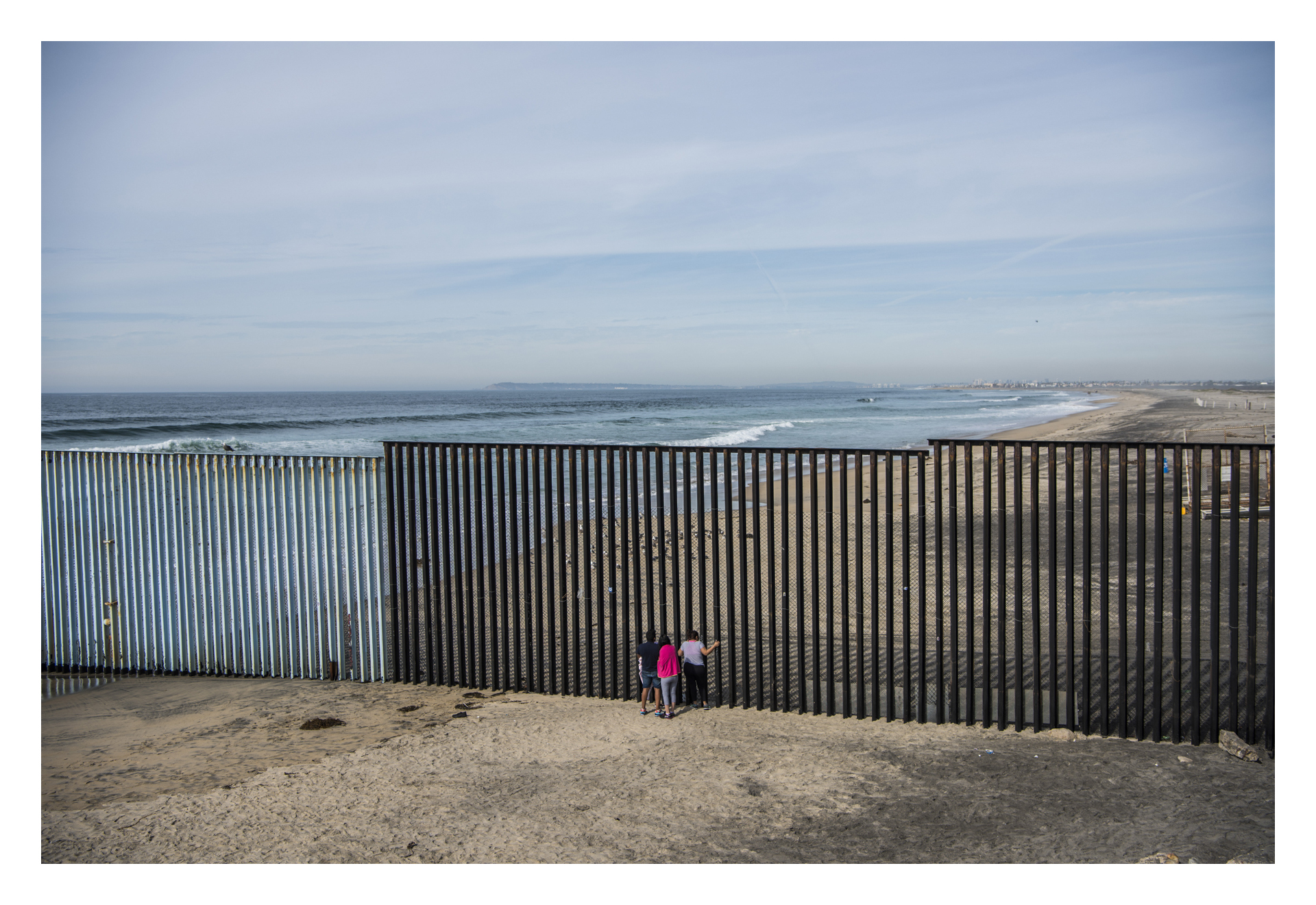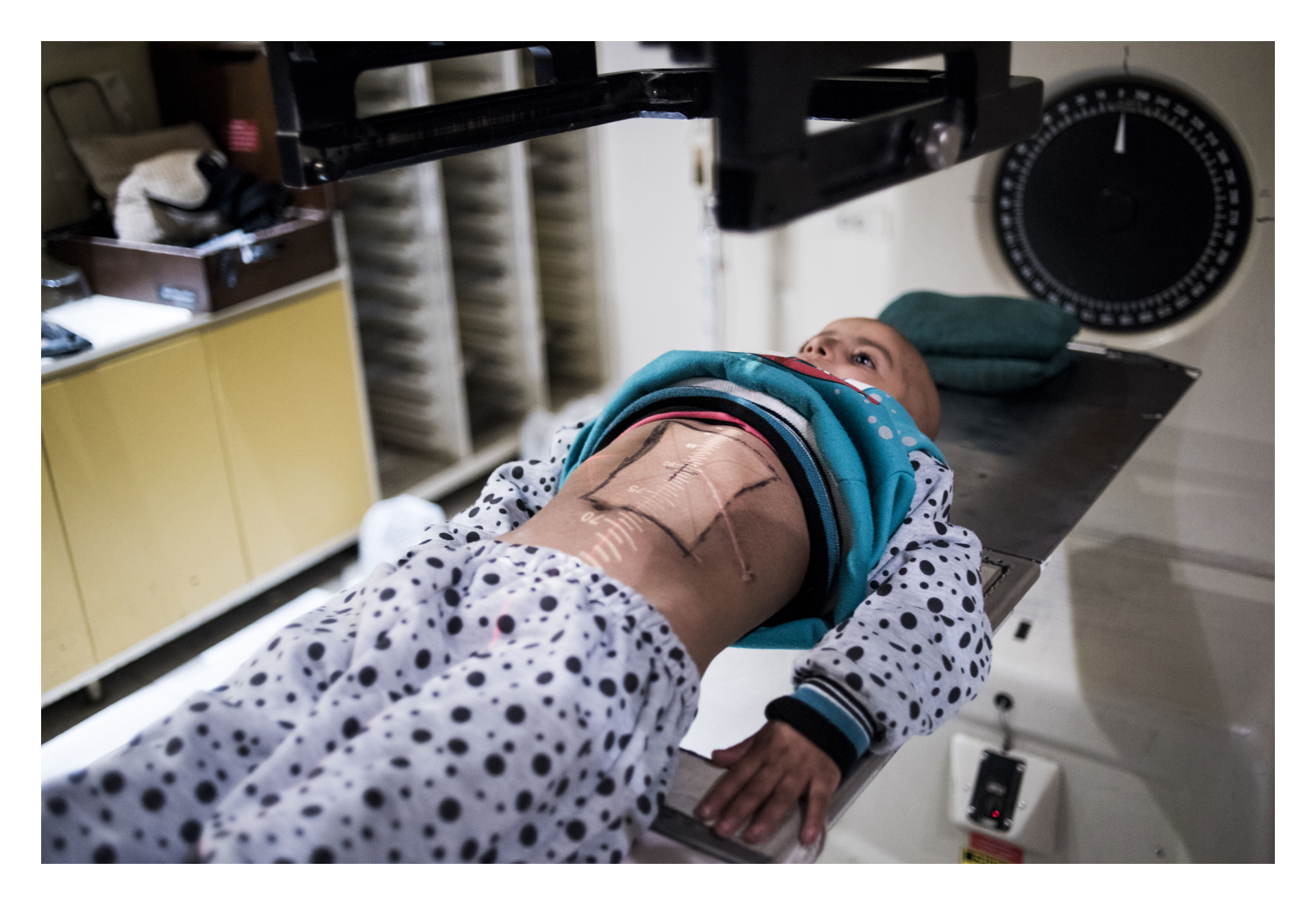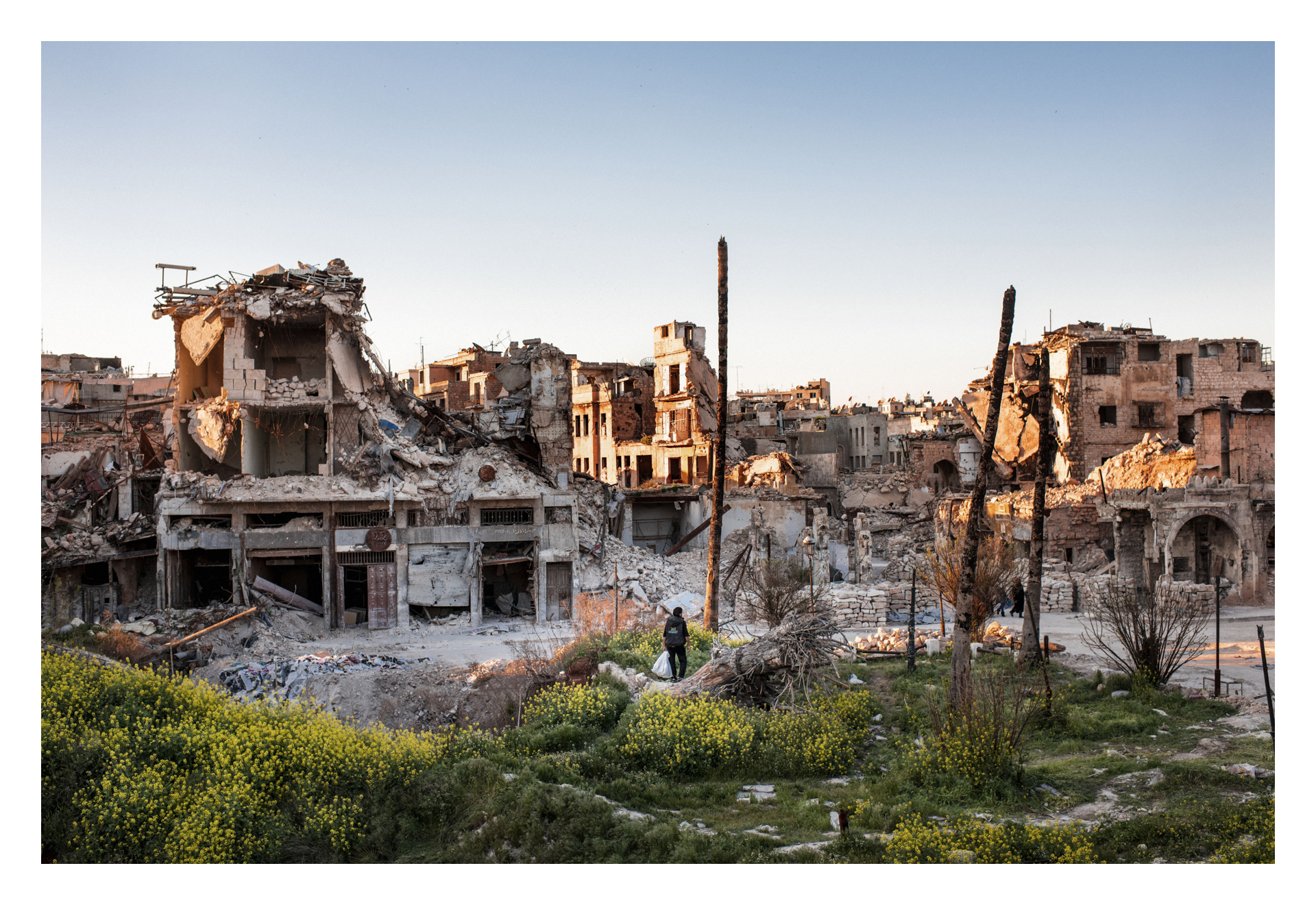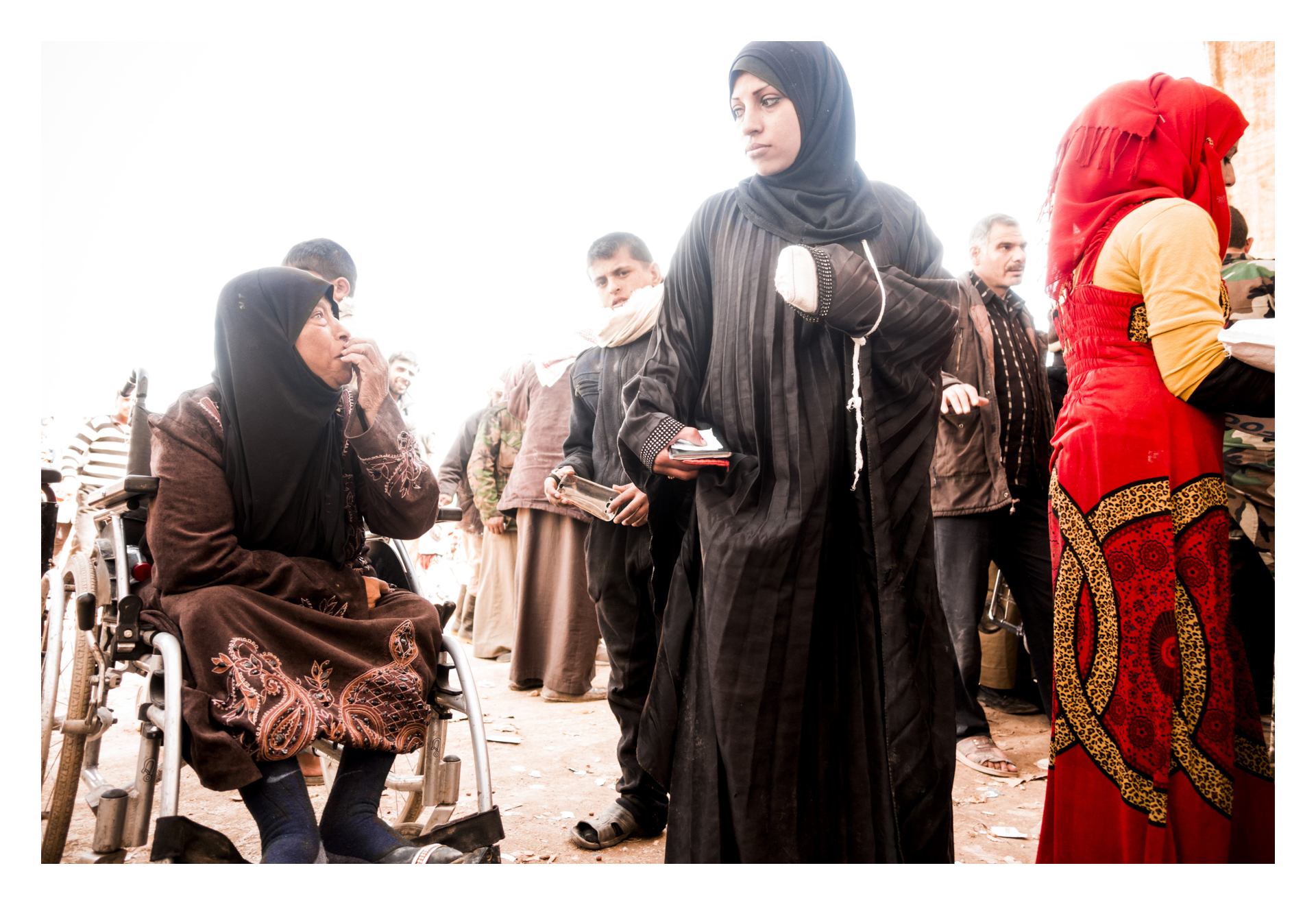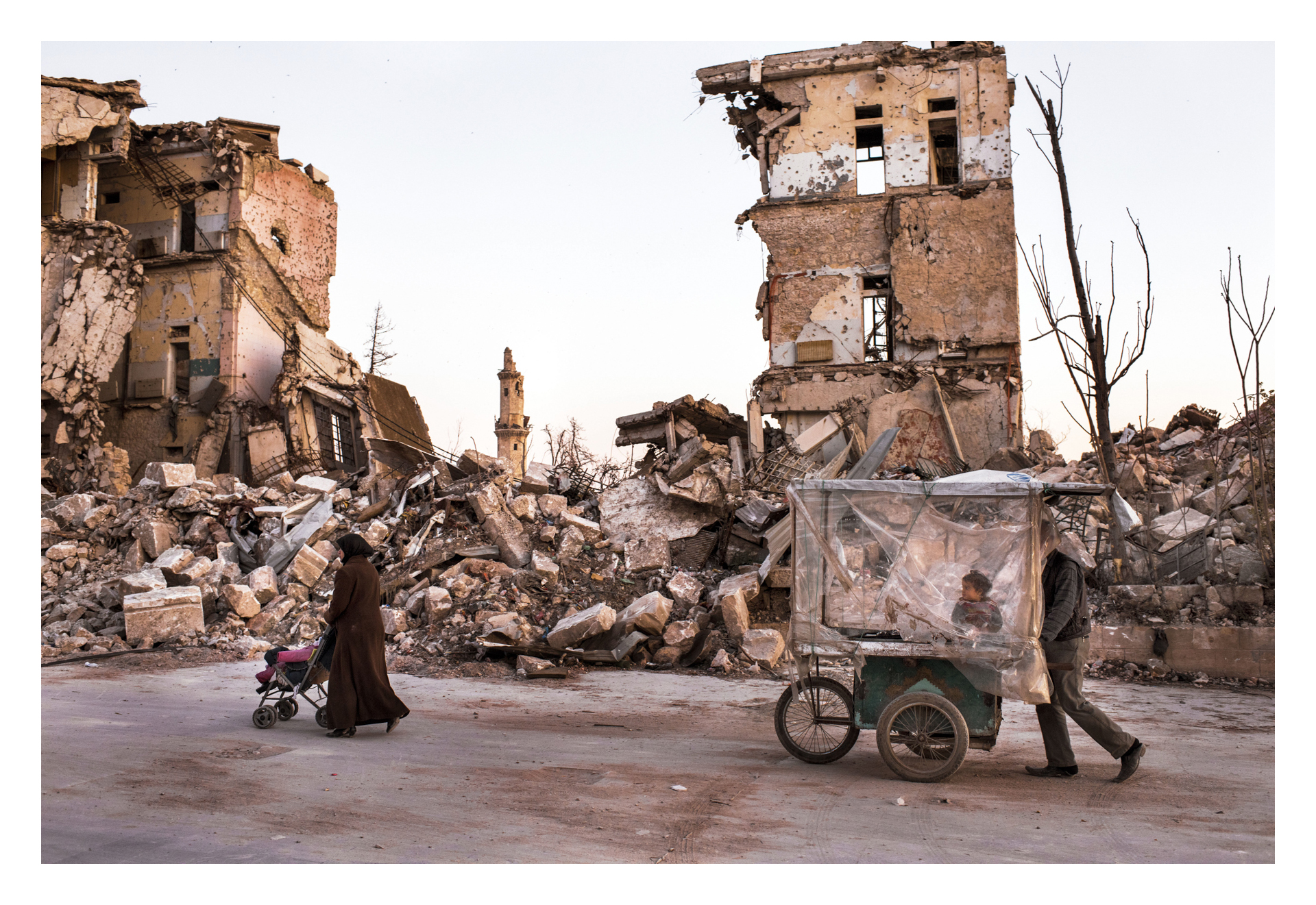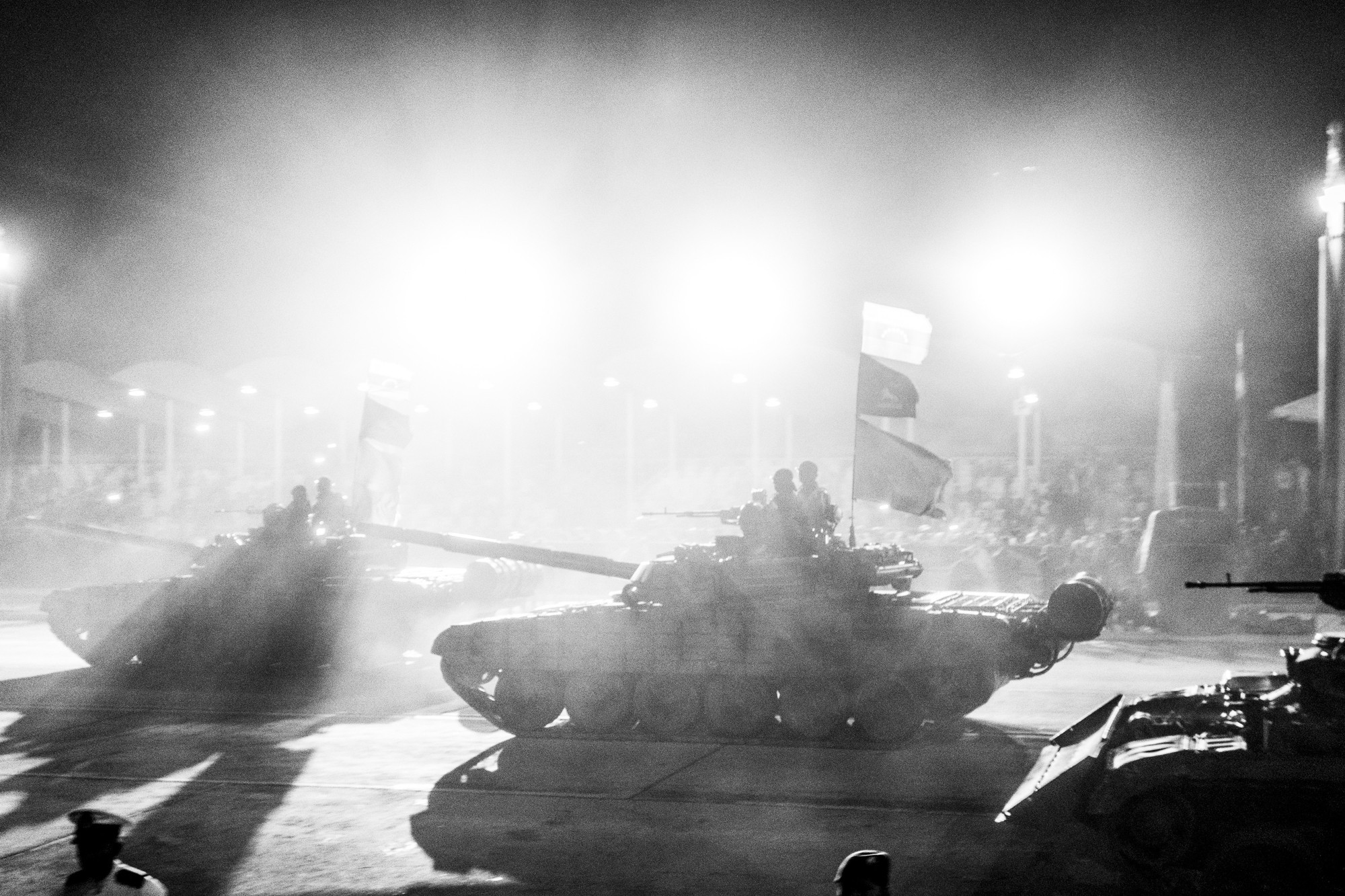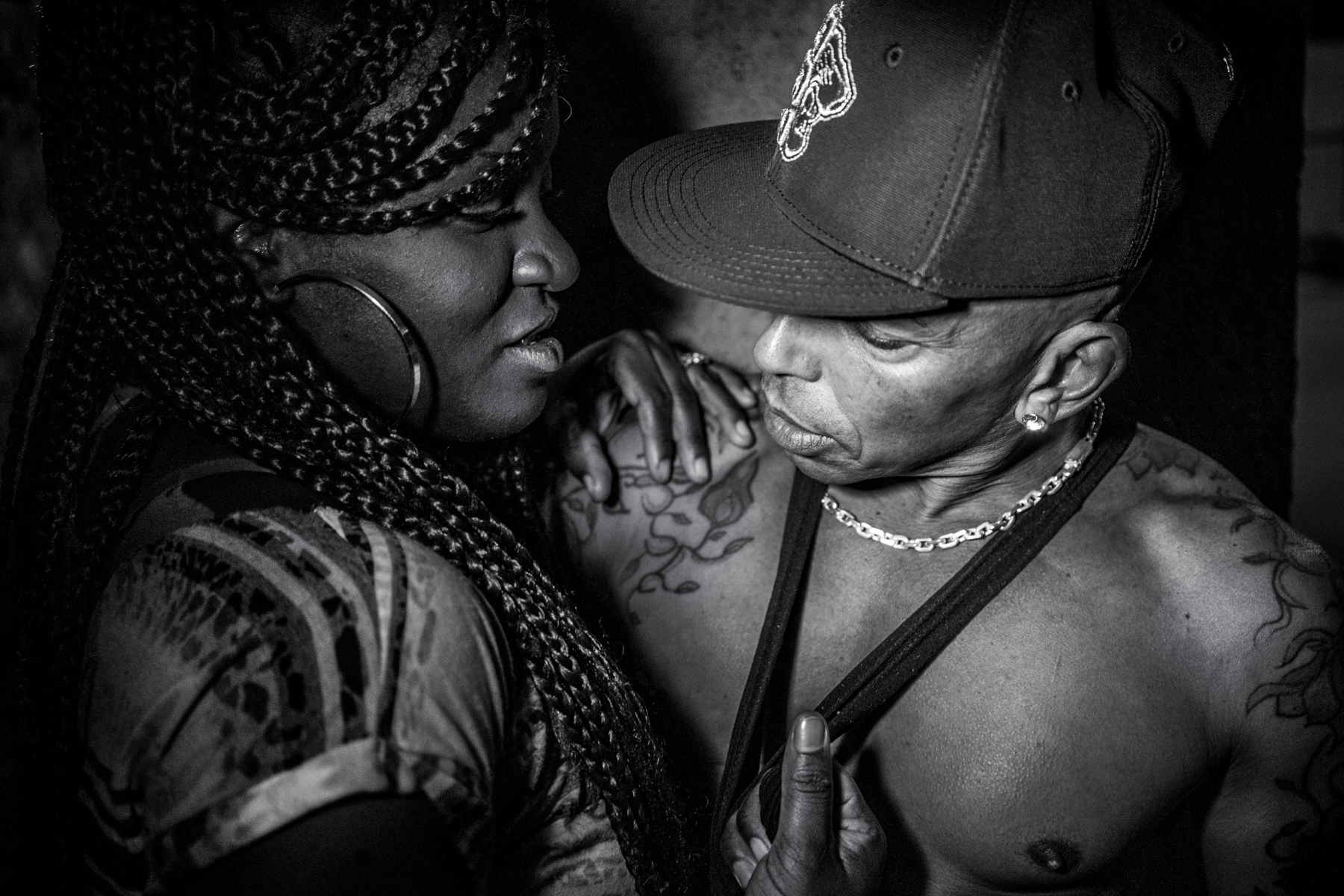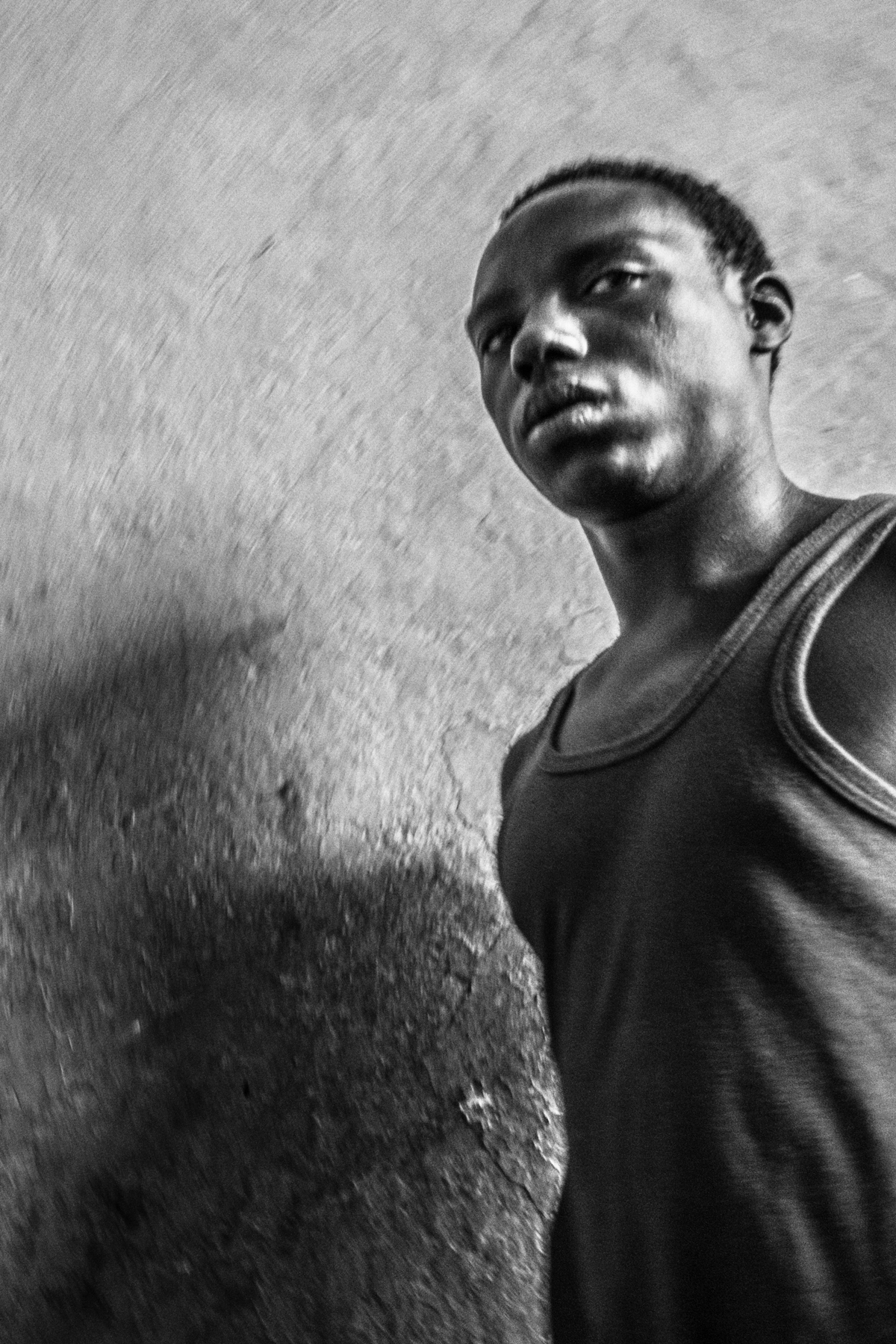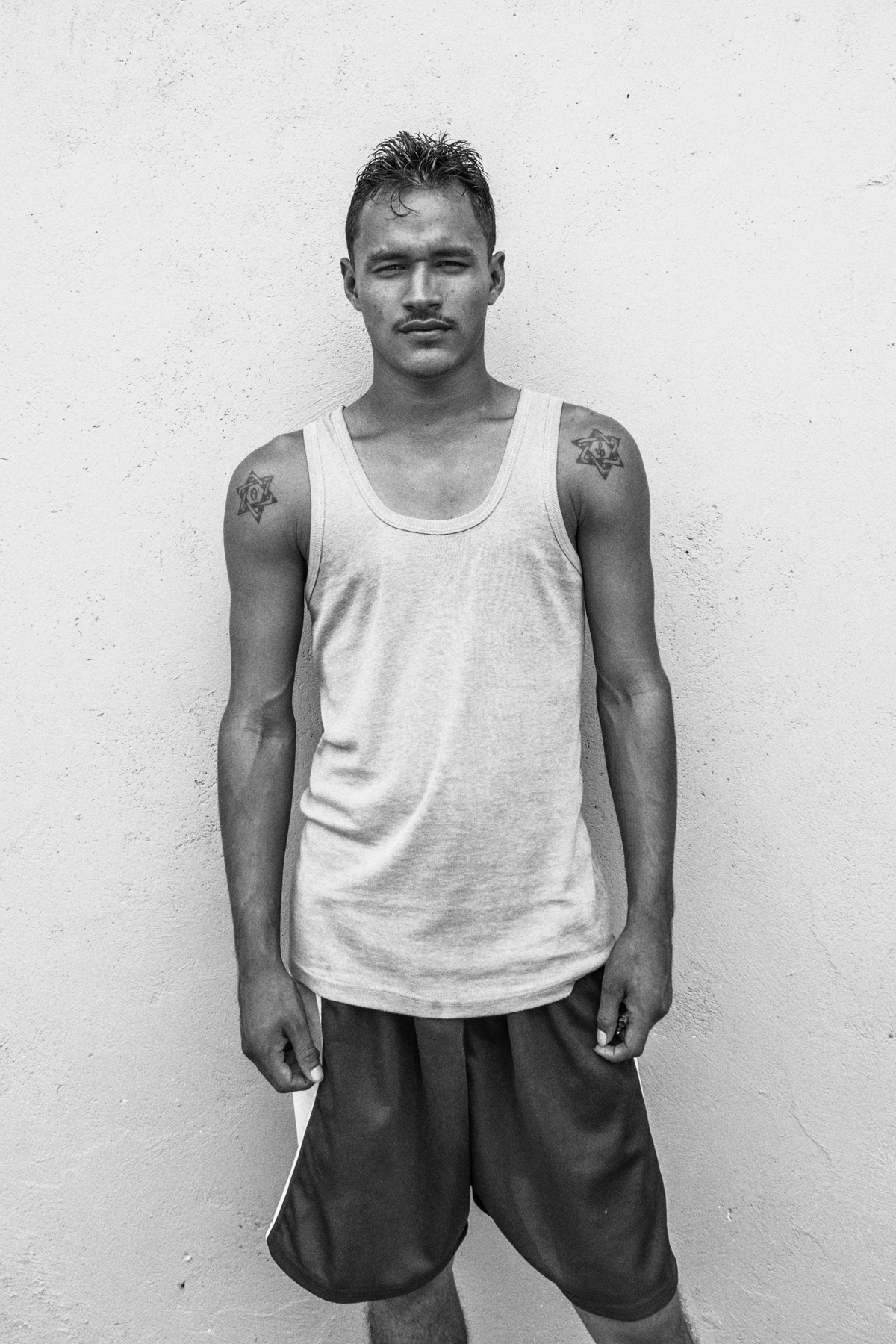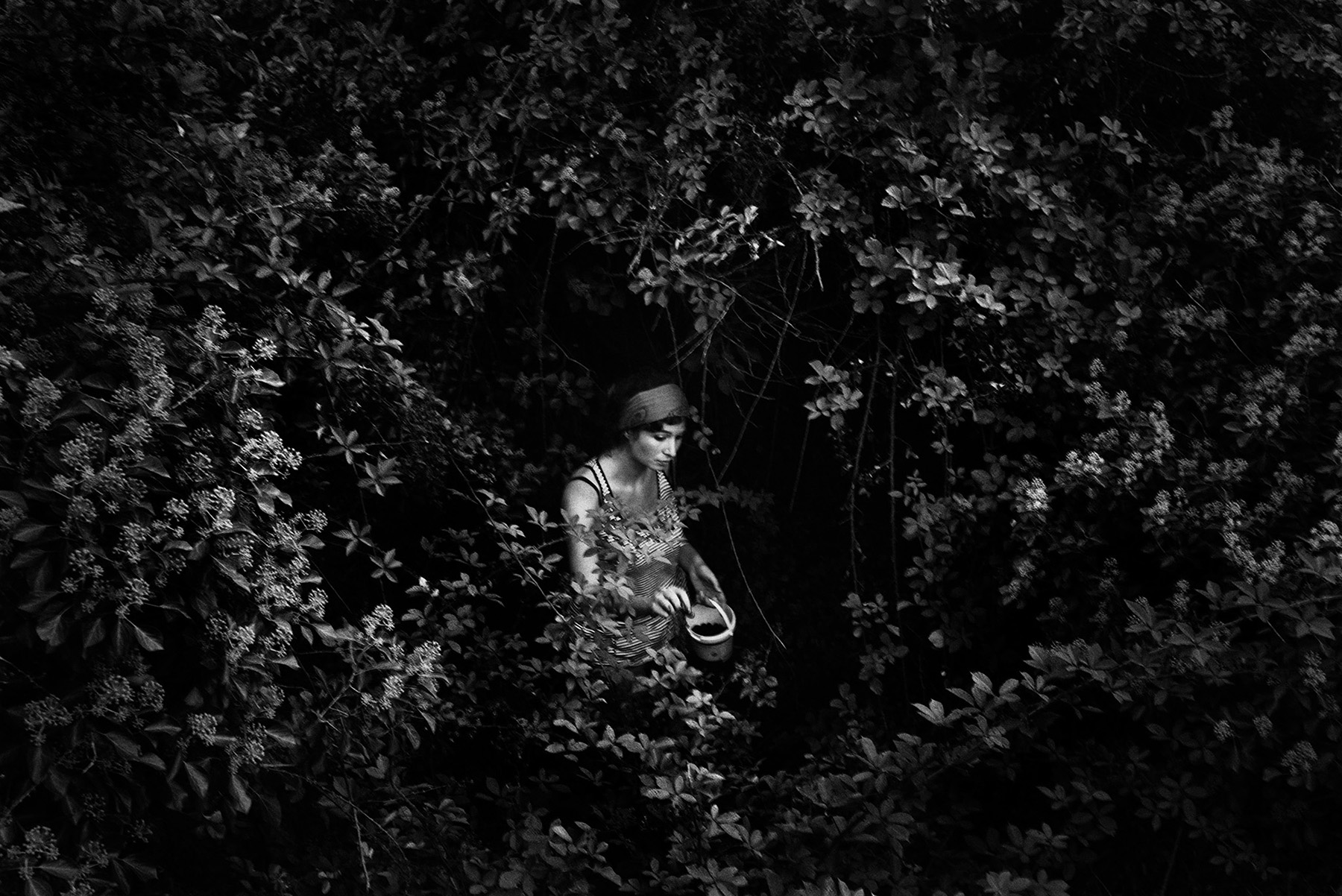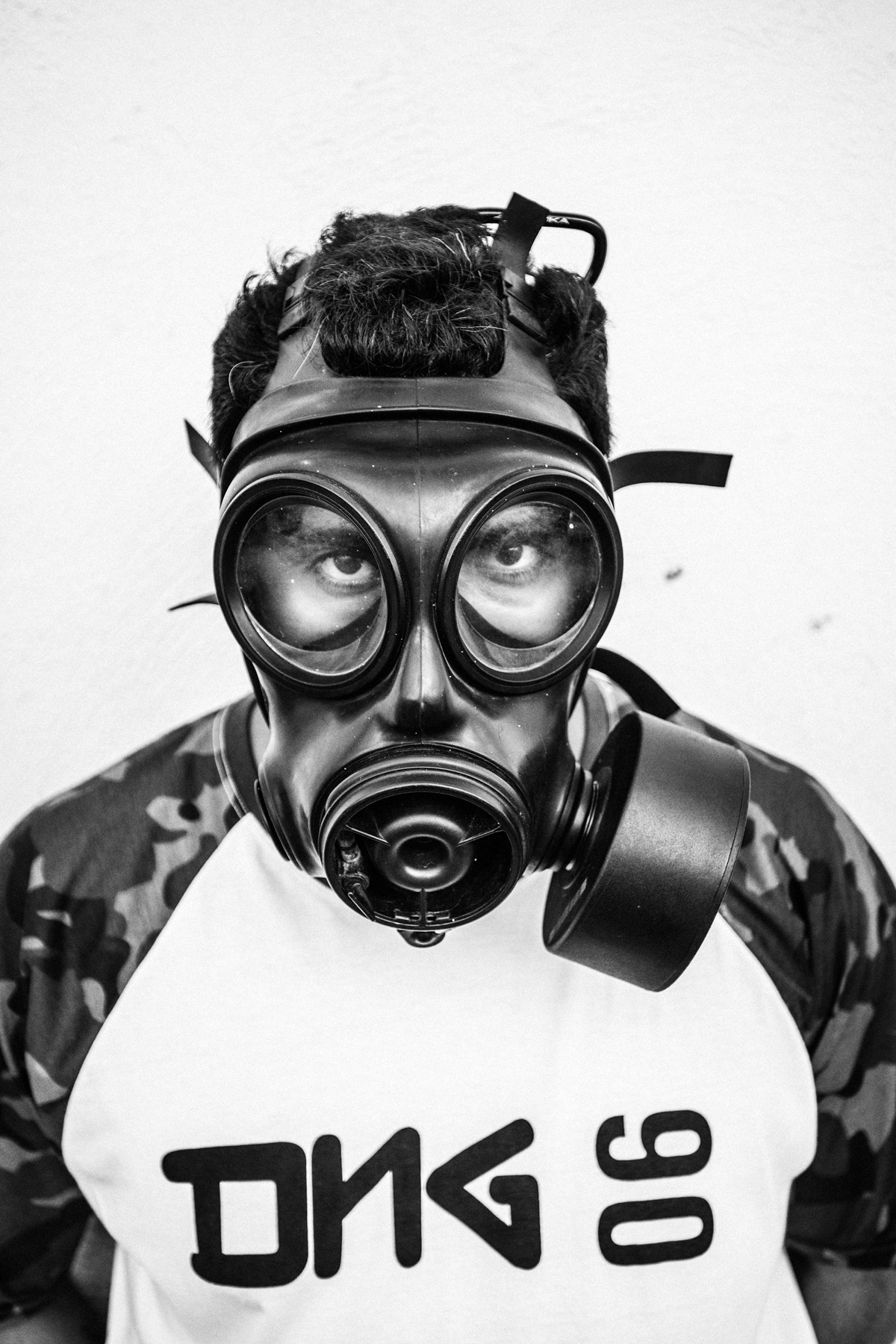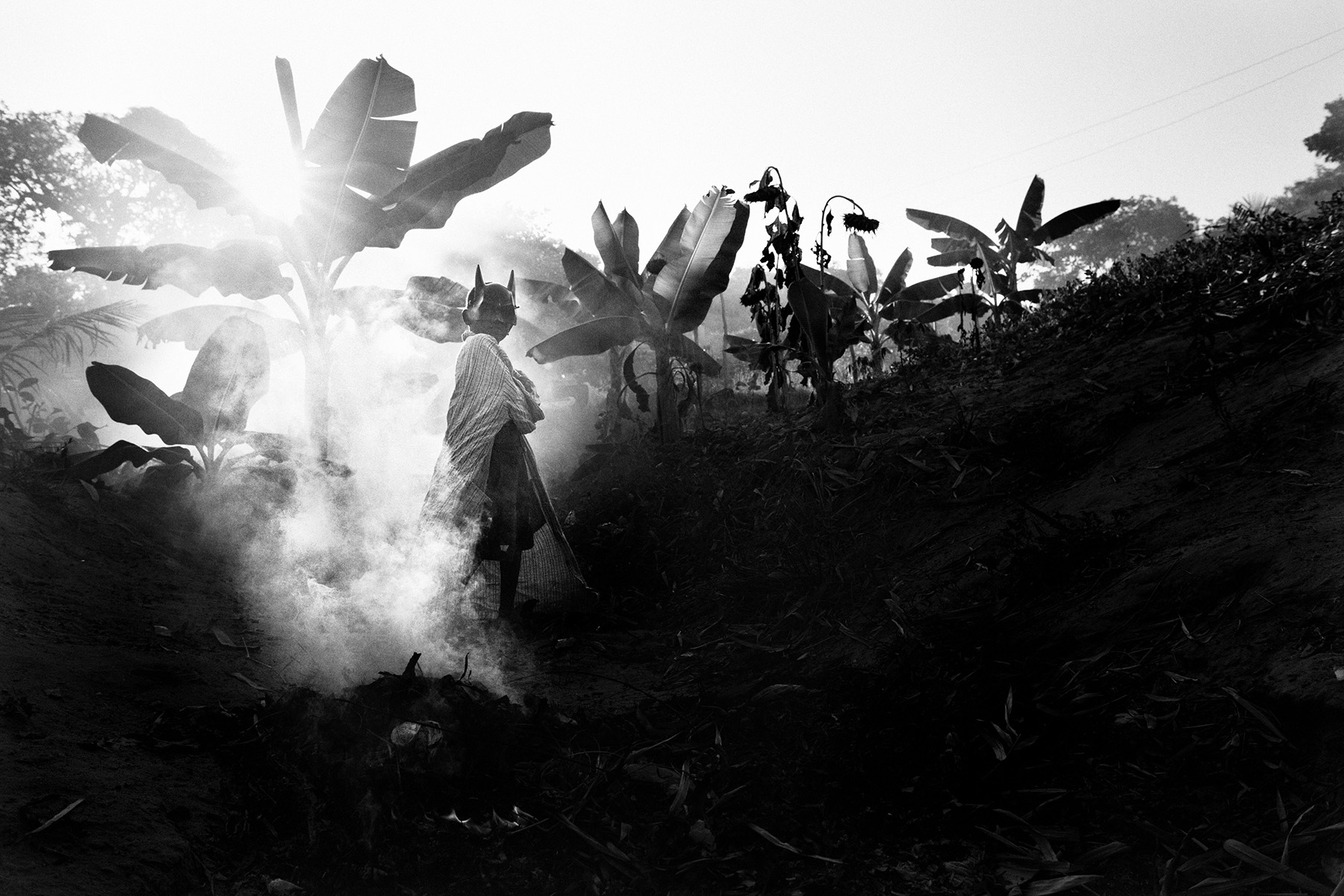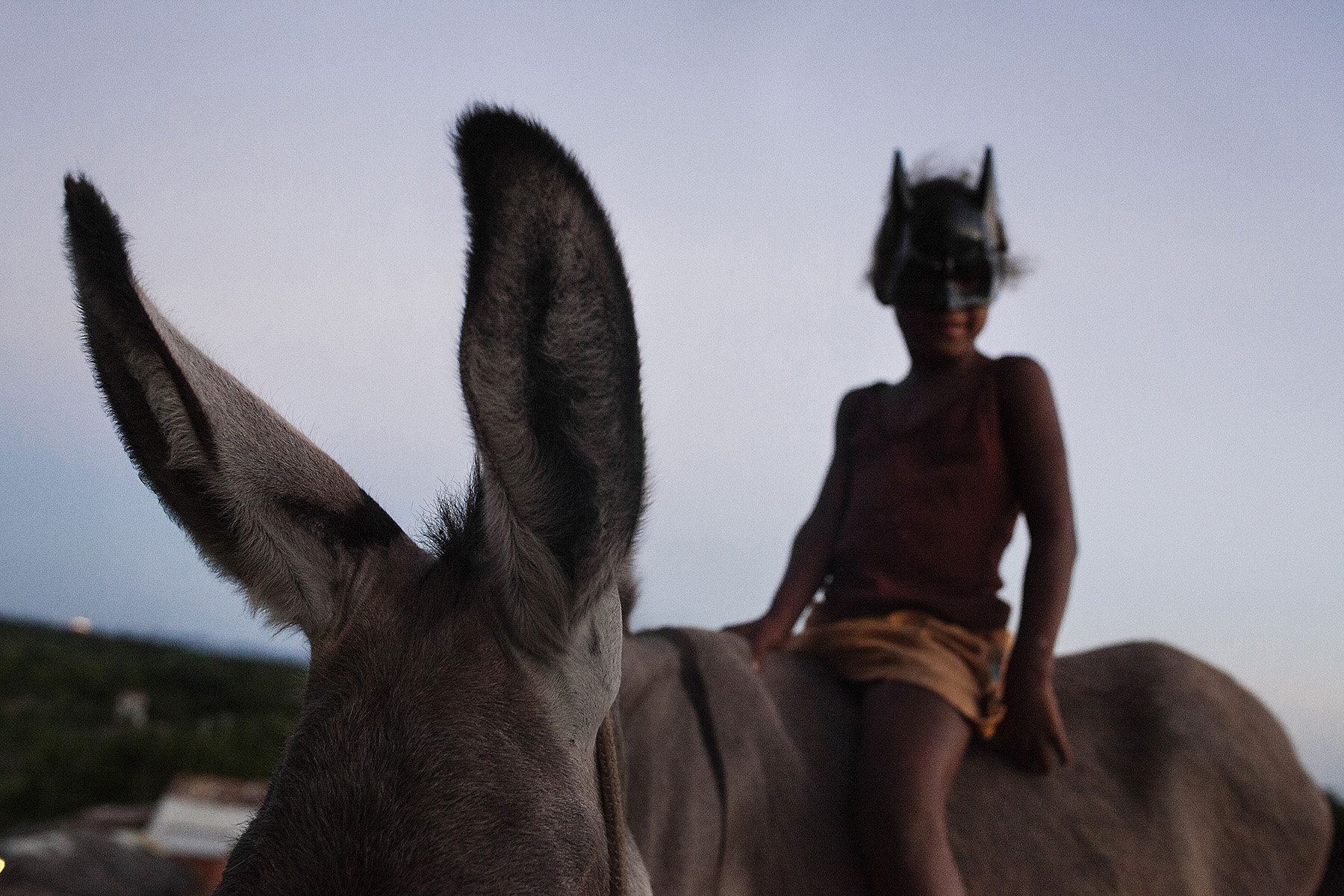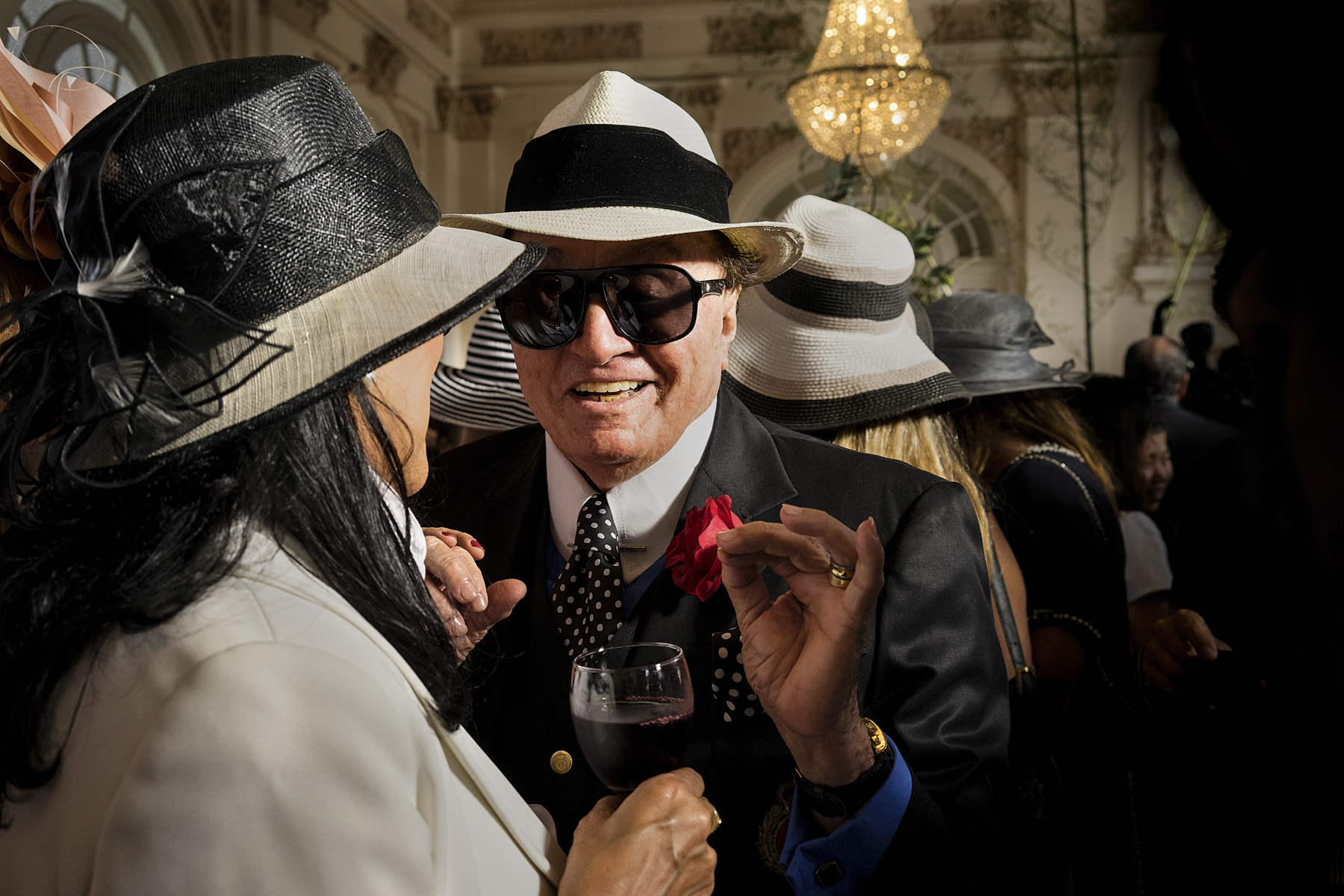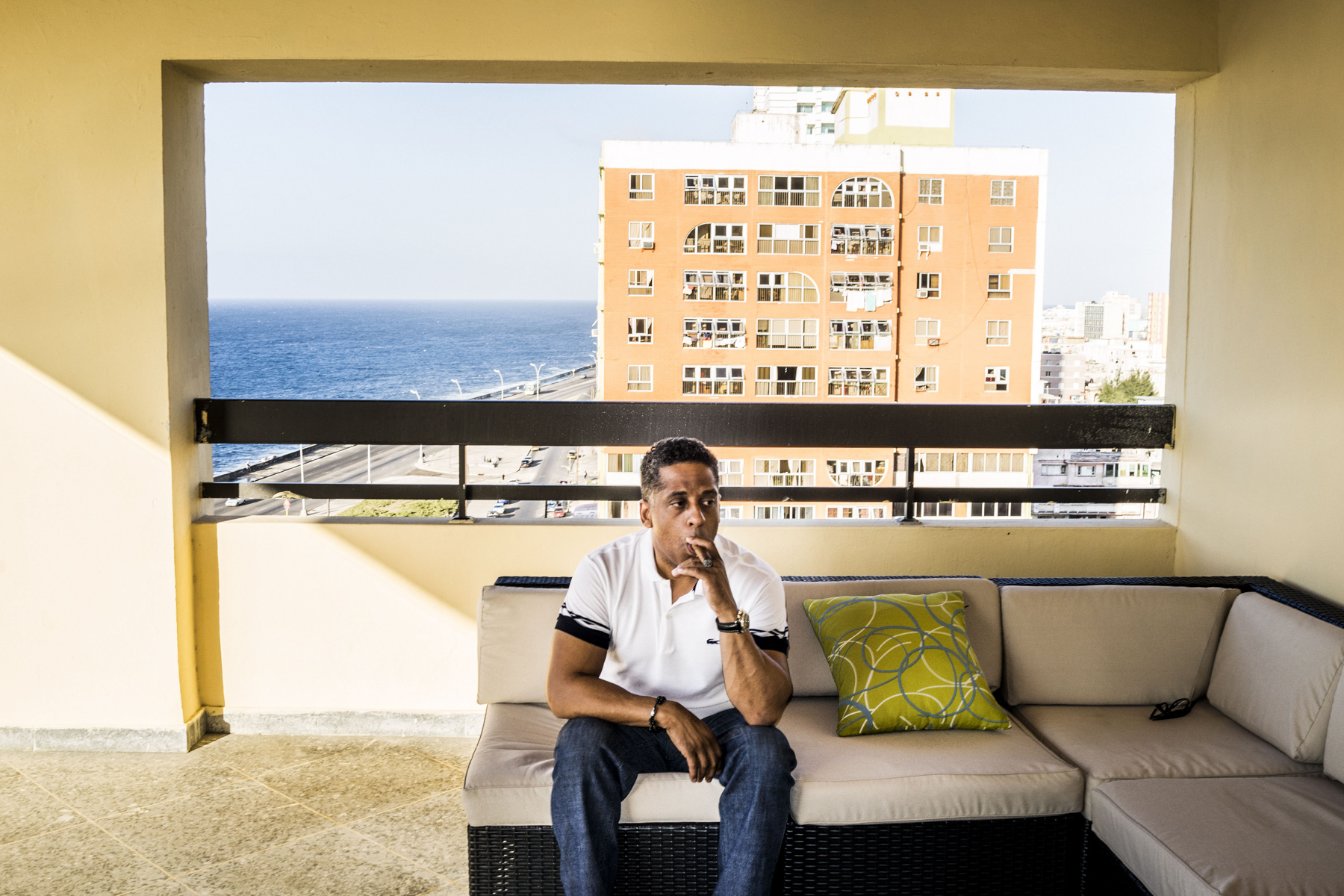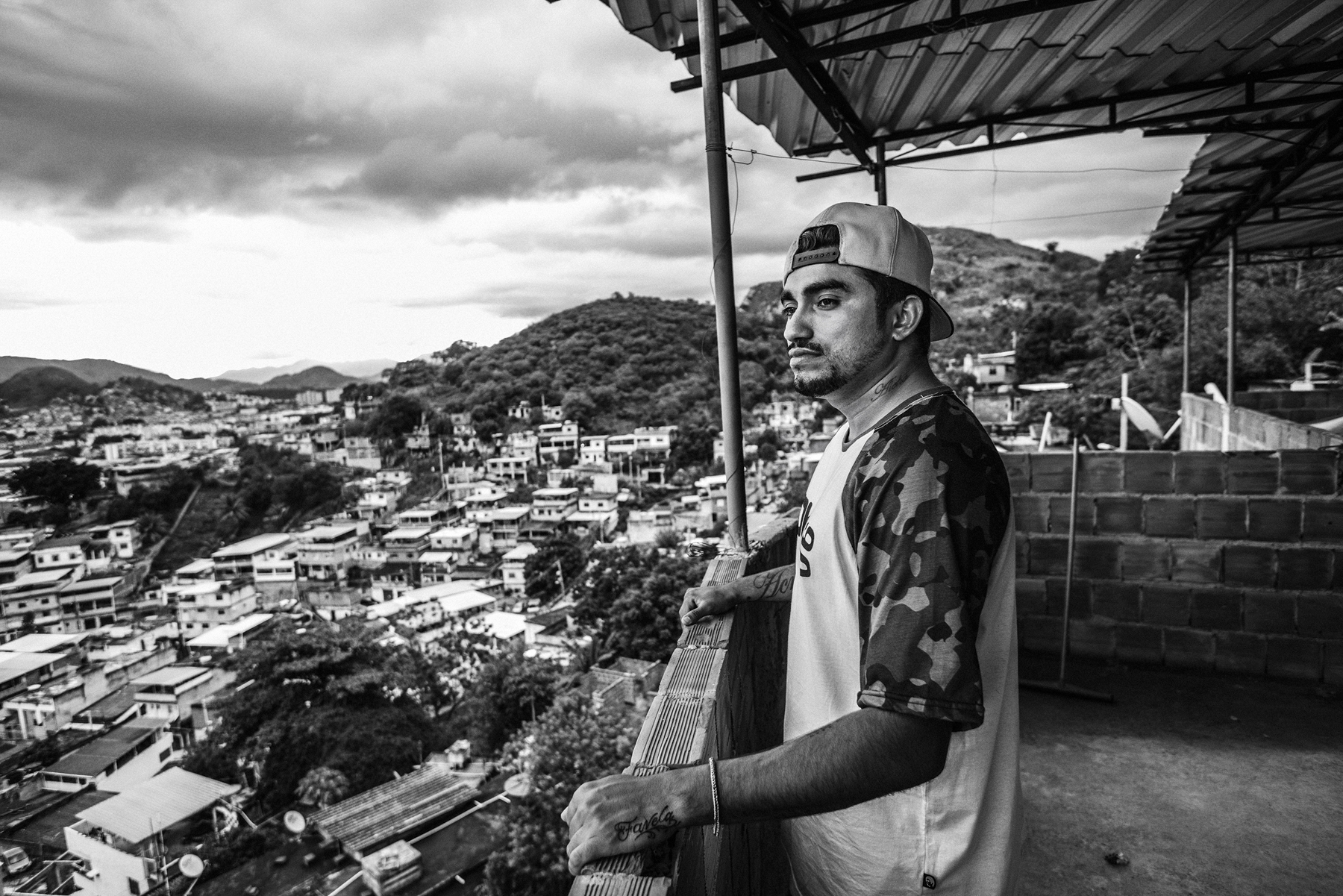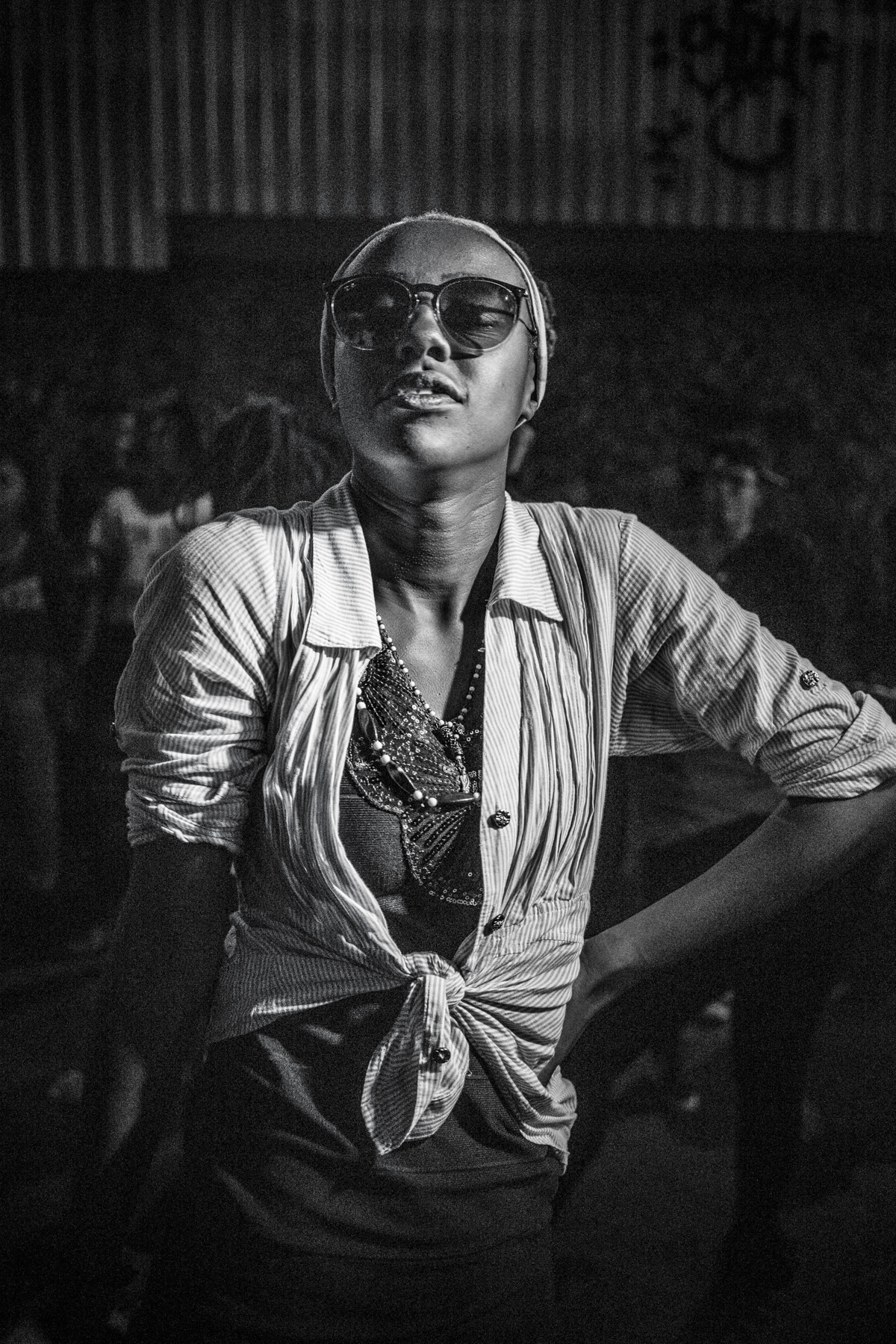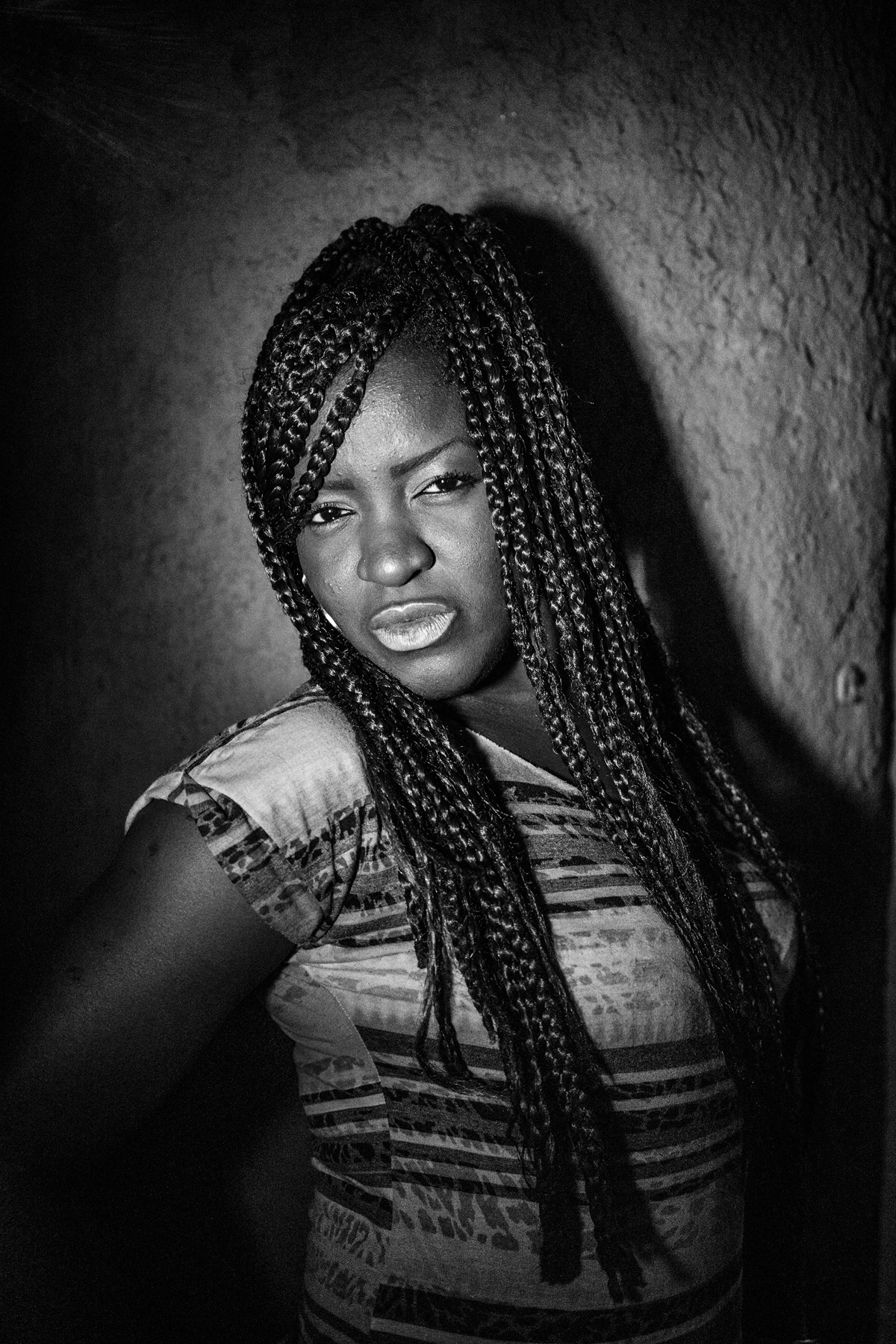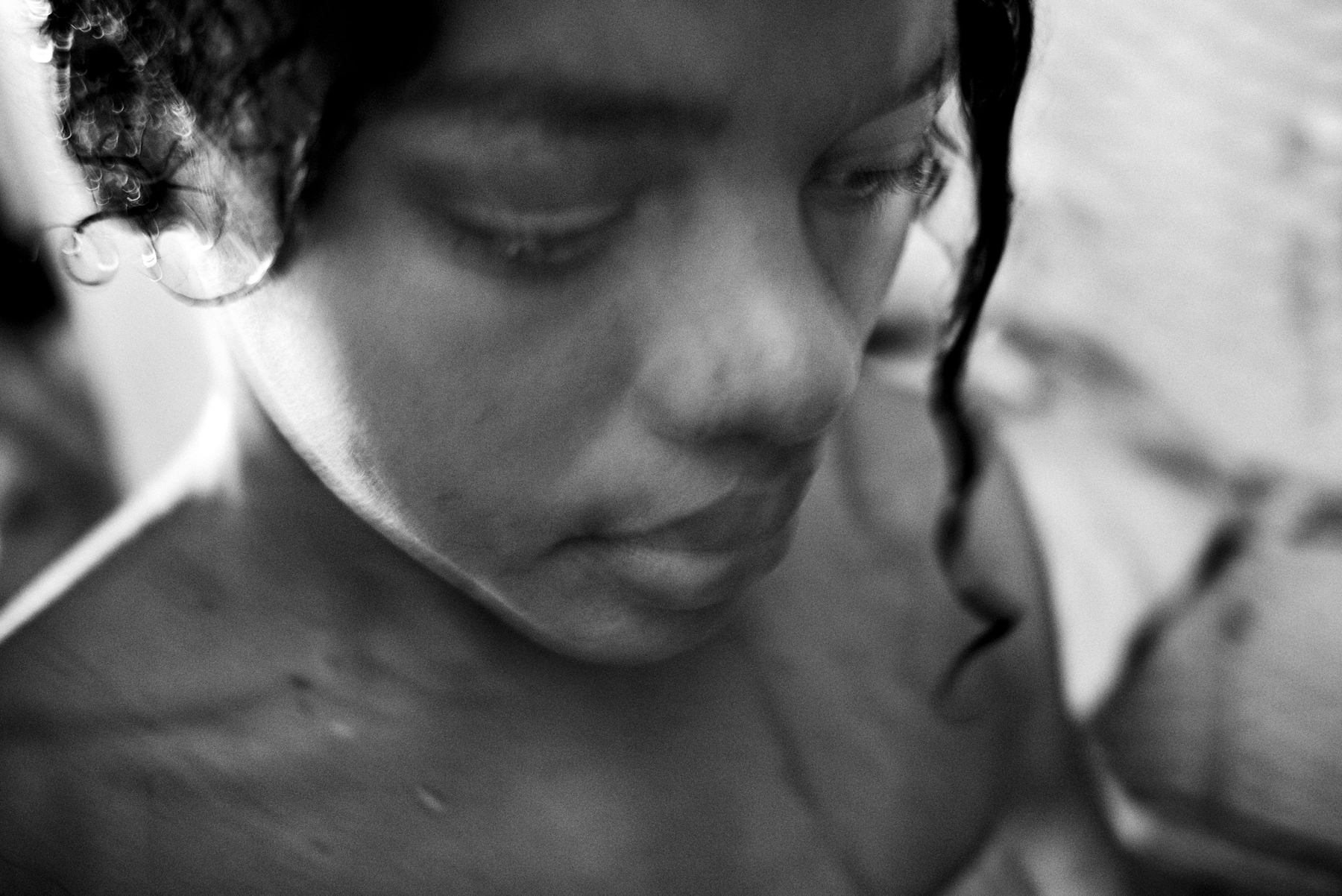Sebastian Liste
Bio | Selected Stories | Selected Portraits |News, Education & Exhibitions | Books & Prints
Bio
Sebastián Liste (Spain) is a documentary photographer and sociologist immersed and devoted to document the profound cultural changes and contemporary issues in Latin America and the Mediterranean Sea area, regions where he grew up and knows well.
Currently he divides his time between Brazil and Spain. He is specializing in long-term, in-depth projects where he creates frameworks to make societies reflect about the social consequences of today’s decision makers.
With his visual communication projects he wants to generate dialogues and collaborations between its subjects and the participating audiences, confronting different world’s perspectives and evaluating our impact in the future generations.
In 2010, while he was getting his Masters degree in Documentary Photography and Photojournalism at the Autonomous University of Barcelona, he won the Ian Parry Scholarship for his long term project “Urban Quilombo”, about the extreme living conditions that dozens of families who have set up home in an abandoned chocolate factory in Salvador de Bahia, Brazil face.
The same year he was named the young editorial photographer of the year at the Lucie Awards in New York. Since then his work has appeared in The New York Times Magazine, TIME Magazine, The New Yorker, Paris Match, The Sunday Times Magazine, Burn, L´Espresso, D La Repubblica, Photo District News, The British Journal of Photography, Daylight Magazine and GUP Magazine, among other publications.
In 2011 Sebastián was selected to participate in the 18th World Press Photo Joop Swart Masterclass in Amsterdam.
In 2012 Sebastián was announced as the Young Reporter of the Year winning the City of Perpignan Rémi Ochlik Award at Visa pour l´Image. The same year he won the Community Awareness Award at Pictures of the Year International competition, was named one of the 30 photographers to watch at PDN 30 and received a citation at the Olivier Rebbot Award.
He also got the Emergentes DST Award at Encontros da Imagem Festival in Portugal and an honorable mention at Freelens Festival for Young Photojournalism in Germany. In addition he received a Magnum Emegency Found Grant and the Getty Editorial Grant to develop his new project in the Brazilian Amazon.
In 2013, he received a Fotopres grant in Spain to develop a new project in Venezuela which resulted in his work “On the inside: Venezuelan prisons under inmate control”. This project was exhibited at Visa pour l´Image in 2014 and at Caixa Forum in Madrid and Barcelona in 2015. That year he was also finalist at the Eugene Smith Grant and got the Emaho Award at Format Festival in UK.
In 2014, he got the Alexia Foundation Grant in the US to continue developing his ongoing project about crime, punishment and security in Latin America. In 2016 he was awarded 3rd prize in the Daily Life category of World Press Photo for his story ‘Citizen Journalism in Brazil’s Favelas‘.
His work is held in the permanent collection of The Sorigue Foundation in Lerida, Spain, at Maison de l´Image Documentarie in Séte, France, at Elton John Photography Collection, as well as other private collections.
Sebastián Liste is a frequent lecturer on photography at universities, photography schools and festivals and conducts photographic workshops.
He is currently based between Brazil and Spain.
Selected Stories
Urban quilombo
This project is a testimony of a place that no longer exists.
In 2003, dozens of families occupied the “Galpao da Araujo Barreto”, an abandoned chocolate factory in Salvador de Bahia, Brazil.
Prior to establishing themselves in this place, these families lived throughout the dangerous streets of the city, but tired of living with so much violence and despair they came together to seize this deserted factory, which lay in ruins, and they transformed it into a home for themselves.
Since 2009, Sebastián Liste has been documenting the community of Barreto.
An Intimate pandemic
It’s said that violence is the social pandemic of the century in Latin America.
But actually everyday life and social change in the region has never been immune to violence.
The conquest, the slavery system, the independence, the land acquisition, the expropriation of natural resources and the political revolutions have been violent.
Machu picchu
"My going to Machu Picchu felt like a pilgrimage — in some ways connected to my family, but also just for me.
The trek gives you a sense of how big the Inca Empire was — it’s incredible to see a piece of this huge civilization.
I shot in black and white as a homage to Martín Chambi, an indigenous photographer who shot all around the Andes in the mid-20th century."
Aleppo after the fall
As the Syrian civil war turns in favor of the regime, a nation adjusts to a new reality — and a complicated new picture of the conflict emerges.
Selected Portraits
News, Education & Exhibition
From the NOOR Shop
The Andes, Peru, 2016 | Print
Samba, Brazil, 2009 | Print
Suleymaniye, Turkey, 2013 | Print


